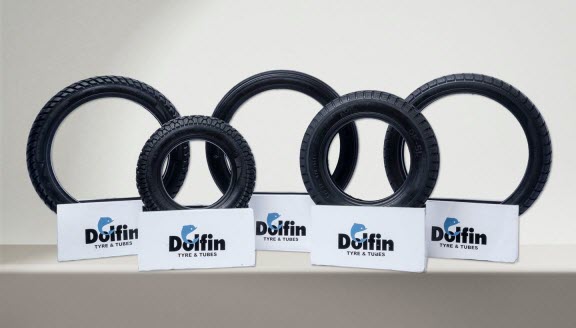Tyre manufacturing stands as a critical industry pivotal to road safety and vehicular reliability. The stringent quality control measures implemented within this industry play an undeniable role in ensuring the safety and dependability of these products.
Evolution of Tyre Industry
The tyre industry has witnessed a remarkable evolution, from its early days of rudimentary designs to the current era of advanced engineering and technology. This evolution has been crucial in understanding the dynamics of quality control within tyre manufacturing.
Importance of Quality Control in Tyre Production
The significance of quality control cannot be overstated in tyre production. Its role extends beyond mere product perfection, influencing safety on roads and vehicle performance.
Defining Quality Control in Tyre Production
Quality control encompasses a comprehensive set of measures aimed at maintaining the desired standards throughout the tyre manufacturing process.
Impact of Poor Quality Tyres on Road Safety
Substandard tyres pose a significant threat to road safety, leading to increased accidents, loss of lives, and damage to property. Understanding this impact underscores the criticality of stringent quality control.
Key Components of Tyre Quality Control
The quest for high-quality tyres revolves around several pivotal components integral to the manufacturing process.
Raw Material Selection
The choice of raw materials significantly influences tyre quality. Meticulous selection and testing of rubber compounds and other materials are fundamental.
Manufacturing Processes
- Vulcanization Techniques: The process of vulcanization, which imparts strength and elasticity to rubber, is a cornerstone in tyre production.
- Tread Design and Compound Development: Crafting the tread pattern and compound formulations are vital to tyre performance and longevity.
Testing Procedures
- Performance Testing: Rigorous testing of tyres under various conditions to evaluate their performance and adherence to standards.
- Durability and Endurance Tests: Assessing durability and endurance ensures the tyre's capability to withstand different road conditions and pressures.

Technological Advancements in Tyre Quality Control
The landscape of tyre quality control has been transformed by technological advancements that revolutionize manufacturing processes.
Automation in Manufacturing
Automation has streamlined production, enhancing precision and consistency in tyre manufacturing.
AI and Machine Learning Integration
The integration of AI and machine learning has enabled predictive analysis and quality optimization throughout the manufacturing cycle.
Nanotechnology Applications in Tyre Quality
The utilization of nanotechnology has opened avenues for enhancing tyre durability, grip, and performance.
Regulatory Standards and Compliance
Adherence to international standards and governmental regulations is imperative in ensuring the safety and quality of tyres.
International Standards (ISO)
Tyre manufacturers conform to international standards such as ISO to meet quality benchmarks.
Governmental Regulations and Oversight
Governmental oversight ensures compliance with safety standards, fostering consumer confidence.
Challenges and Innovations in Quality Control
Challenges within the tyre manufacturing sector have spurred innovative solutions, addressing both technological and environmental concerns.
Environmental Sustainability Concerns
The industry focuses on sustainable practices to minimize environmental impact.
Innovations in Sustainable Materials
Research into sustainable materials aims to reduce dependency on non-renewable resources.
Addressing Global Supply Chain Challenges
Efforts are directed towards mitigating global supply chain challenges, ensuring consistent quality and availability.
Ensuring Safety and Reliability on Roads
Quality tyres play a pivotal role in enhancing vehicle safety, reducing accidents, and ensuring road reliability.
Impact of Quality Tyres on Vehicle Performance
High-quality tyres contribute significantly to vehicle performance, including handling, braking, and fuel efficiency.
Reduction of Accidents and Road Hazards
Quality control measures directly impact the reduction of accidents and hazards on roads, emphasizing the role of tyre quality in societal safety.

Future of Tyre Quality Control
The future of tyre quality control promises innovative technologies and practices that will further elevate safety and performance.
Predictive Maintenance Technologies
Advancements in predictive maintenance technologies will revolutionize tyre maintenance, enhancing safety and efficiency.
Integration of IoT in Tyre Quality Assurance
IoT integration will enable real-time monitoring and analysis, ensuring proactive tyre maintenance.
Conclusion
In conclusion, quality control stands as the cornerstone of tyre manufacturing, playing a pivotal role in ensuring safety, reliability, and performance on roads. Embracing technological advancements and stringent quality measures are crucial in fostering a safer vehicular landscape.